From the moment of its birth democracy in India was plagued by a deep anxiety. In 1947, Nehru saw the future as a time to redeem pledges, a time to fulfil the hopes that had been aroused during the national struggle. But he was well aware that this was a difficult task. Reforms followed, democratic institutions were set up, and universal adult franchise was established. But poverty, illiteracy and poor health remained part of the post-colonial landscape. Why then do the poor and the malnutrited return in every election to choose heir representatives, to form the government of their choice? Through an effort to answer this seeming paradox, Alam explores the working of democracy in India. Beneath the play of caste and communal politics, and the threats of institutional collapse, Alam sees democracy acquiring affirm basis within Indian society. He shows what the voting patterns tell us about the links between regional voices and national unity, between the politics of community and the idea of citizenship, between the commitments of the poor and the apathy of the rich. This is a tract that questions our common assumptions and forces us to re-think our ideas about the life of Indian democracy.
India: Living with Modernity
Out of stock

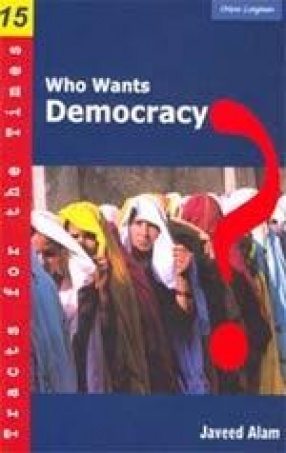
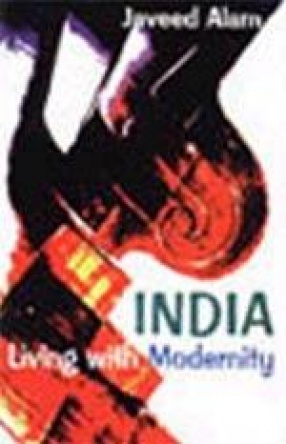
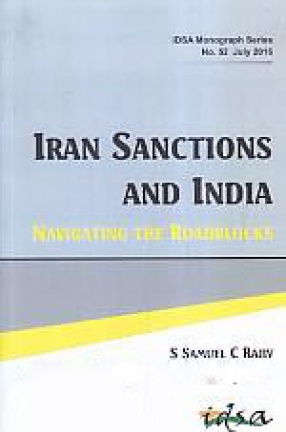
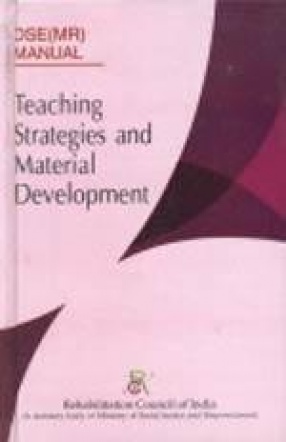
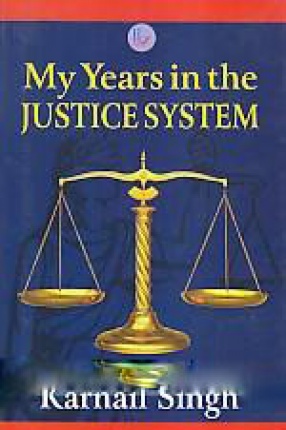
There are no reviews yet.